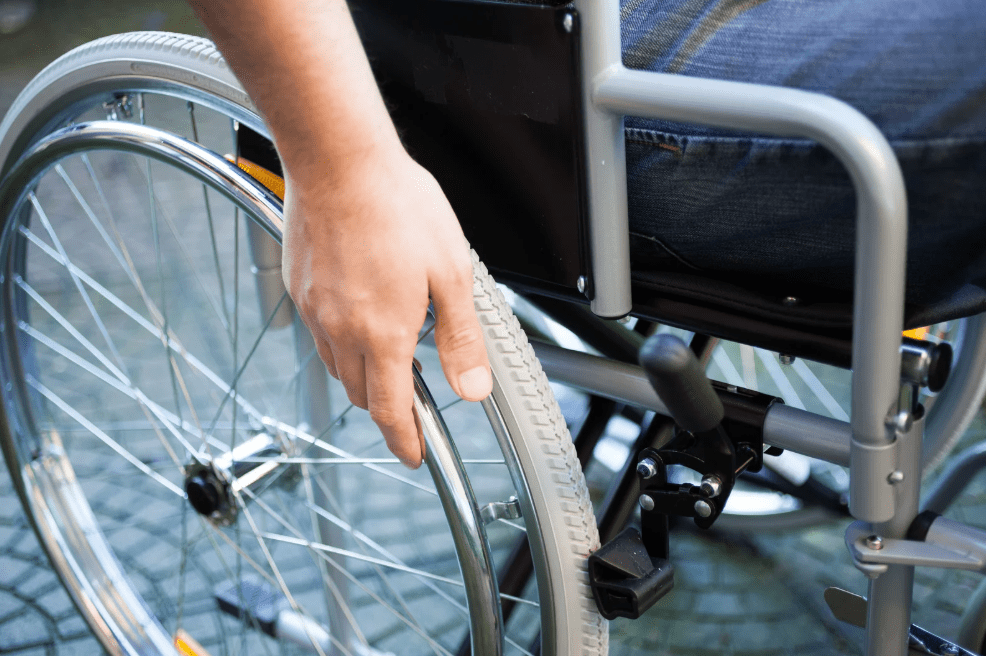Table Of Contents
When veterans apply for VA compensation, VA will almost always send him to one of its own examiners. These examinations are called Compensation and Pension examinations, or C&P exams, and they are critical to determining whether the veteran will be awarded VA benefits.
One of the primary reasons that claims are denied is because the C&P examiner determined that the veteran’s condition was not related to military service, or that the condition wasn’t severe enough to meet a higher disability rating. When I look through claims files, I always look very, very closely at what the examiner wrote in the opinion. If the only evidence in the file is a C&P exam that is unfavorable the veteran’s claim, it is extremely unlikely that the VA will grant the claim.
“C&P exams are just opinions, and they are not infallible.”
C&P exams are just opinions, and they are not infallible. If the VA relies on an opinion that contains some kind of error or oversight, the veteran may be able to convince VA to either provide a new C&P examination or to rely on some other medical evidence in the file instead. VA regulations prohibit adjudicators from relying on an “inadequate” medical examination to deny a claim.
So how do you know if the examination that the VA relied on in your case is inadequate? First off, you need to obtain a copy of the examination and look it over. You can’t trust that VA will, on its own accord, determine that the examination is inadequate. Look the exam over and see if you can spot any factual errors.
I always take a close look through the claims file and make sure the doctor got all of the facts right. If the facts that the doctor relied on are incorrect, the examination is probably inadequate. Other times, the examiner missed something important in the file, which also would render the examination inadequate. Perhaps the examiner was providing an examination that was out of his field of expertise.
The examiner is also under a legal obligation to provide some sort of rationale for the opinion. A bare-bones conclusion is not good enough. If the examiner simply gives a conclusion without describing his thought process, the examination is likely inadequate.
It isn’t always easy to tell if an examination is inadequate, but it is important that VA is using only adequate examinations to rate cases. A flawed examination can ruin an otherwise good case. Please let me know if you’d like help applying some of these principles to your own case. You can contact me by calling 855-855-8992 — or I welcome you to complete our free online evaluation form.

Your Guide to VA Ratings: Sleep Apnea
Your Guide to VA Ratings: Sleep Apnea Sleep apnea can be a serious condition that may impact...

How Long Does It Take for My VA Disability Rating to Become Permanent?
How Long Does It Take for My VA Disability Rating to Become Permanent? Securing your VA disability...

Celebrating 250 Years of the U.S. Army
Celebrating 250 Years of the U.S. Army If it feels like the U.S. Army has always been there,...





